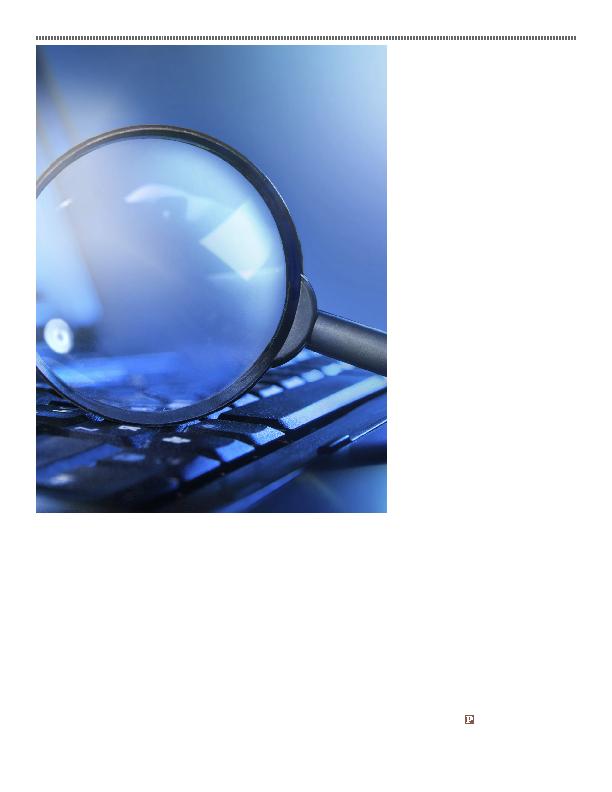
publisher because no human input
was required in generating the
Autocomplete and Related Search
suggestions. It argued that it had no
control over the automatically generated
results as the results that display is
based heavily on the popularity of the
search queries among all Google users.
It therefore followed that Google only
acted as a passive medium. However,
the court rejected this argument and
applied the "strict publication rule,"
meaning whoever takes part in making
the defamatory statement known to
others is liable unless the publisher
defense.
Google's defense was that it was a
subordinate publisher (like a library
or a newsstand) who did not know and
would not reasonably have known in
the circumstances that the publication
contained defamatory content. It
sounded like a strong argument
because, considering the high volume
of information Google deals with daily,
it could not possibly have known all
contents in the publication. However,
the argument fell through after Google
was notified by Yeung, through the
letters his solicitors had written to
itself and its solicitors, of the existence
of the defamatory search suggestions.
material, and since it chose not to take
action within a reasonable time after
being notified of the existence of such
search suggestions, it could be argued
that Google should be treated as a main
publisher (instead of a subordinate
publisher). As such, it is arguable that
Google's defense will not be accepted
by the court.
The court also found a good
arguable case that Google intends to be
a publisher of the defamatory words.
Based upon how the search engine
works, it is arguable that Google intends
to publish anything its automated
system produces. As the Autocomplete
and Related Search suggestions are
results of multiple factors set by Google
through the algorithms it designed,
revised and improved, the system
functions the way Google intends it to
and may not be argued that it merely
conveyed information neutrally or acted
as a passive facilitator.
case, the court found that Yeung has a
good arguable case against Google that
(1) Google was a publisher; and (2) there
was publication by virtue of the search
engine's Autocomplete and Related
Search functions. Combined with the
large scale of defamatory publication
from the search suggestions and the
likely substantial damage to Yeung's
reputation due to such publication, the
court confirmed that Yeung should be
allowed to continue the proceedings
against Google in the Hong Kong court.
It should be noted that the court's
decision here is only a preliminary one
on jurisdiction (not a substantive finding
that Google was liable for defamation)
and Google has already filed an
appeal against the decision. The judge
recognized the complexity and novelty of
the issues and granted leave to Google to
appeal the decision. Further elaboration
of the law must await the ruling of the
Court of Appeal and the eventual trial
of the action.